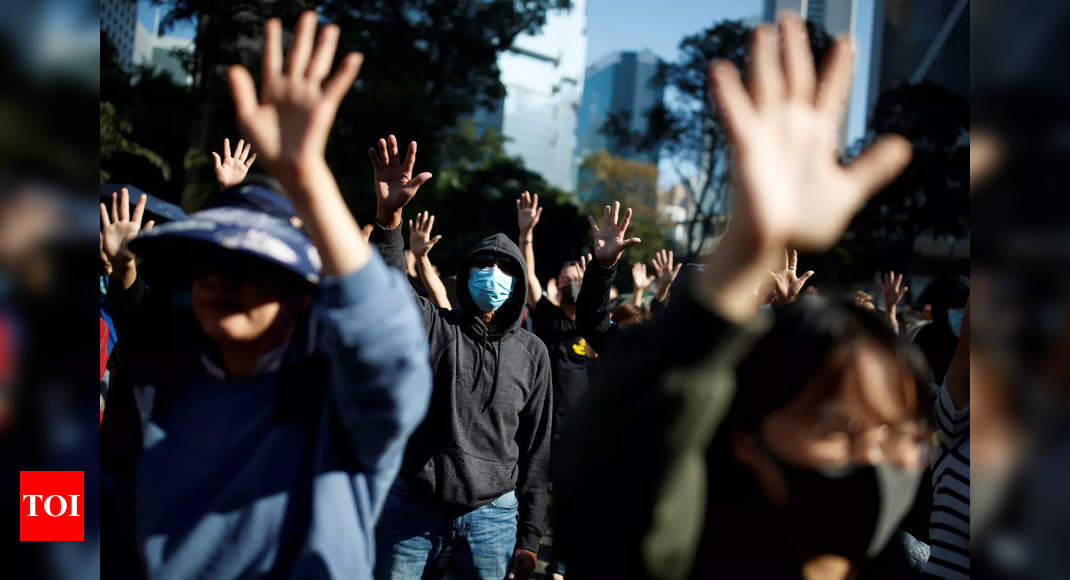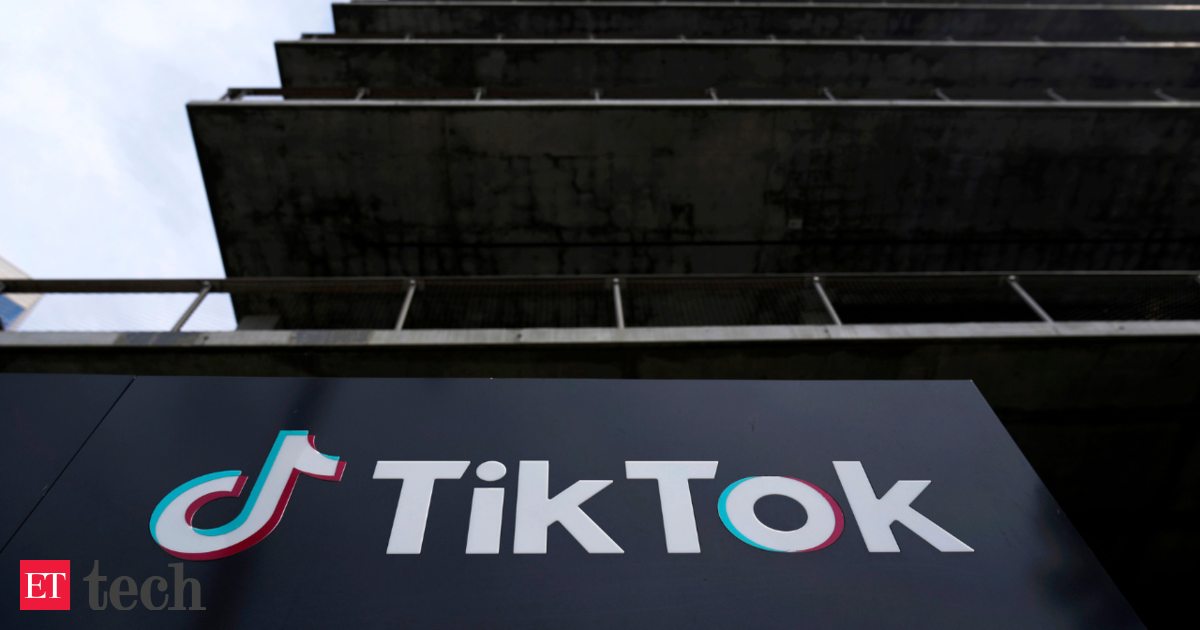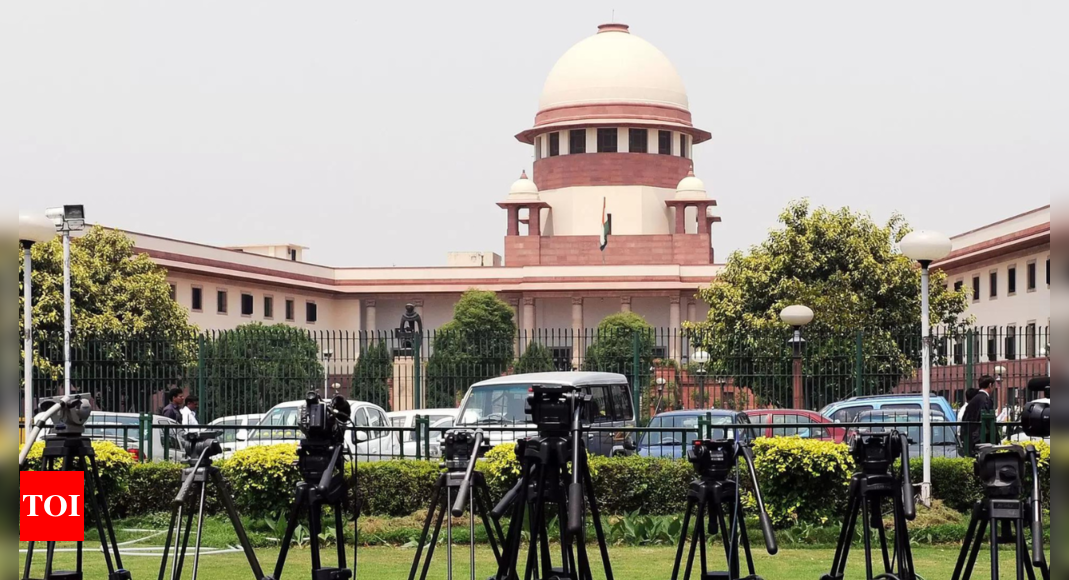YouTube has announced that it will comply with a court decision to block access to 32 video links in Hong Kong. The ban is in response to a government application granted by the Court of Appeal to prohibit a protest anthem called ‘Glory to Hong Kong.’ Critics argue that this decision poses a threat to freedoms in Hong Kong and raises concerns about the city’s international reputation as a financial hub.
TikTok has reiterated its concerns about a bill passed by the House of Representatives that could potentially ban the social media app in the US if its Chinese owner ByteDance does not sell its stake within a year. The legislation has now moved to the Senate for review and possible voting. Many lawmakers and the Biden administration have raised national security concerns related to TikTok’s data-sharing practices. TikTok denies sharing US data and insists on protecting free speech rights. The Knight First Amendment Institute has criticised the bill, stating that it would have no real impact on data privacy as other countries could still potentially access Americans’ data.
-
Uncategorized
Supreme Court asks courts to tread cautiously while passing restraining orders against media houses, emphasizing the protection of journalistic freedom. The court highlights the severe effects on freedom of speech and the public’s right to know if articles are restricted through ex-parte restraint orders. It recognizes the concept of ‘SLAPP Suits’ and the need to balance fundamental rights to free speech and the right to reputation and privacy in defamation suits.
-
Uncategorized
Indian officials have cleared charges against writer Arundhati Roy for sedition and incitement. This move has raised concerns about the future of democracy in India and highlights the government’s growing indifference to international opinion. The crackdown on free speech and the targeting of writers and artists is alarming. Roy’s international prominence no longer seems to concern the Indian government.











